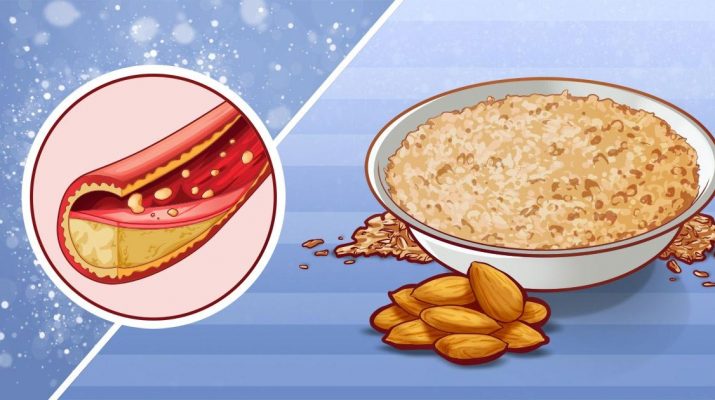Cholesterol is needed by the body because it helps build cells, aids in hormone production, and helps your body digest food. However, when you have too much cholesterol, specifically LDL (low density lipoprotein) cholesterol, you are at greater risk for heart disease.
Too much cholesterol builds up in the arteries where it can reduce or block blood flow. This can result in heart attack or stroke. For this reason, it’s a good idea to know your cholesterol levels. If they are not within normal range, which in adults is ideally less than 200 milligrams per deciliter (mg/dL), you should take steps to lower your cholesterol levels. But how long will this take?
Reducing cholesterol with medication
Sometimes cholesterol levels are such that your doctor may recommend medications. Statins lower cholesterol by blocking the liver from making cholesterol. They can lower LDL cholesterol by 50% and raise HDL (high density lipoprotein) cholesterol by up to 15% within two to four weeks.
Statins can also produce side effects including muscle pain, liver damage and kidney damage. For this reason, some people prefer to avid statins in favor of a more natural way to reduce their cholesterol. (Please note that if your doctor has prescribed medications to lower your cholesterol, you should take them as directed and you should not stop taking them without your doctor’s approval.)
Reducing cholesterol with diet
It is possible to start lowering cholesterol levels within weeks, and to continue lowering it over the course of several months, by making dietary changes and adding exercise to your routine.
Studies have shown that cholesterol levels can change in a matter of weeks simply by a change in diet. The New England Journal of Medicinepublished a study of the Tarahumara Indians of Mexico who were known for having very low risk factors for heart disease.
Researchers changed the traditional plant-based, high-fiber, low-fat diet to a common Western diet with processed, fatty foods. After five weeks, the average plasma cholesterol level of the participants rose by 31% and LDL cholesterol rose 39%.In contrast, another study followed 4587 adults who went to a 3-week lifestyle modification program.
The program included a high complex carbohydrate, high fiber, low fat, low cholesterol diet as well as daily aerobic exercise. Participants in the program saw an average of a 23% reduction in cholesterol levels, with the largest change occurring within the first two weeks of the program.
Combining methods
If your cholesterol is too high, diet and exercise may not be enough. If your doctor says you must take medications to lower your cholesterol, consider making lifestyle changes as well. A heart-healthy diet and exercise can help your medication work more effectively.

